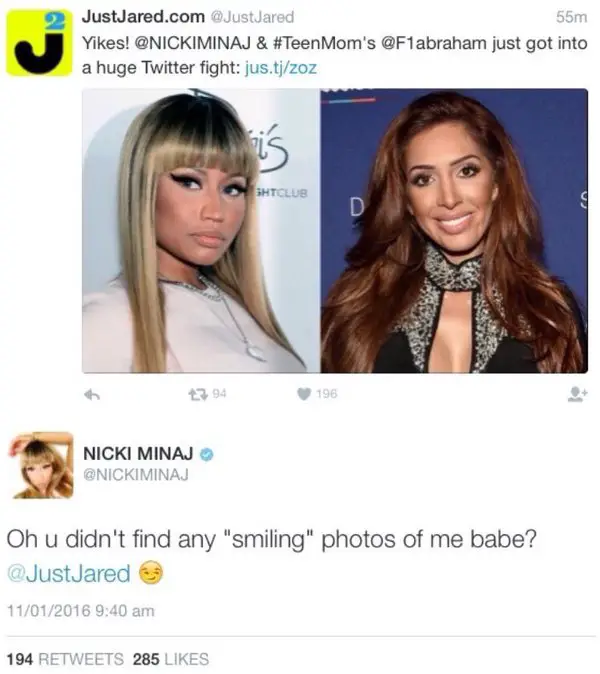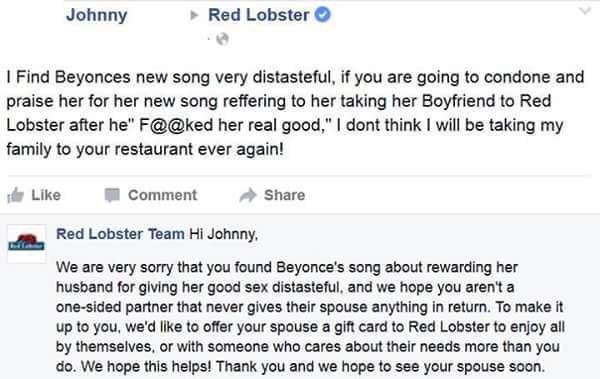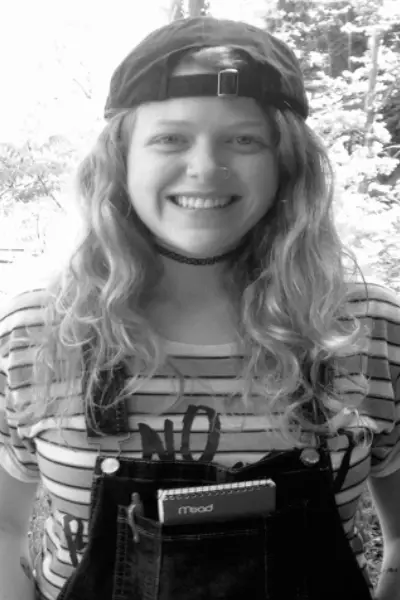Since the creation of Twitter in 2006, people have made accounts specifically to tweet hate at others. Whether the person sending hate is targeting someone they know, or focusing on users with “eggs” as their profile pictures—hate doesn’t go unnoticed.
Regardless, making someone feel like shit on the internet is obviously not a new concept. “Hating” has become a significant part of our culture. Phrases like “Haters are my Motivators” decorate t-shirts sold online, and rap or pop artists constantly use the word “hater” within their many works. More recently, I’ve noticed a few words infiltrating the Twitter world; they’re especially present beneath reply wars between at least two users: “Drag them!”

To “drag” someone is to publicly humiliate them on some kind of social media platform. Although I see a lot of dragging happening on Tumblr, Instagram and Facebook, I most often see the word being used by Twitter users. When did Twitter users jump from “Stop being a hater” to “Where did the concept of dragging come from? Can embarrassing someone on the internet ever be a good thing, and will social media users ever move past the desire to hate others so obviously?
Here are some observations I’ve made since realizing the prominence of dragging on Twitter.
People with little to no followers aren’t the only Twitter users partaking in the act of dragging. With more than 64 million followers, Lady Gaga is a prominent figure on Twitter. Just last month, upon the release of her new album “Joanne,” she dragged DJ duo The Chainsmokers on Twitter. In an interview, they said her single “Perfect Illusion” sucked.
Popular YouTube stars like Lohanthony are sometimes dragged if they unfollow their fans, or post controversial tweets without thinking first.
If you admire a person, what they do tends to have an impact on your life. A celebrity dragging someone on Twitter could attract a lot of negative attention.
I’ve searched the internet far and wide (which you know can be dangerous), but I can’t seem to pinpoint when the word “drag” became Twitter slang gold, and I have no idea who started the trend. I did notice a definition for dragging exists on Urban Dictionary (referred to above), which dates back to 2011, but the word really hasn’t made an impact on Twitter users until recently.
The word “dragging” alone is negative and denotes violence. Could you imagine physically dragging another person because you don’t like what they say? If you’re thinking “no,” then why drag them on the internet? What attracts some people to making others feel bad? Emotional violence isn’t any less painful than actual physical violence. Still, is there any upside to dragging someone on Twitter?
How cool would it be if more people chose to talk through their issues? You could present your point without being told your feelings are invalid. The truth is: There are people who don’t want to argue. When I say, “argue,” I mean intelligently offer your perspective to another person and listen to theirs in return to gain insight.

Silence is an action. You may see something on Twitter you don’t like and think, “Well, I have to say something. What should I do to ensure I leave my mark on this person?” You might decide to drag them. You don’t necessarily expect a response—you simply drag, leave the scene and go about your usual Twitter business.
Of course, there are some people who drag others too soon. They usually don’t have enough information to formulate an intelligent response, and so their drag holds no power. Or, their information is completely false, and they just look like an idiot.
I also wonder: Is there a way to respectfully drag someone? I guess if there were, it wouldn’t be called “dragging.” I think everyone deserves to have people in their lives who check them when they say something inconsiderate. Friends don’t let friends tweet ill-informed tweets.
For example, Jesse Williams’ Speech at the 2016 BET Awards had everyone in the audience on their feet, and most everyone at home watching in tears. Justin Timberlake responded to the speech on Twitter by saying, “We are all one race—the human race.” By saying this, Timberlake erased race from the conversation completely and somehow missed the entire point of Jesse Williams’ speech. Williams was uplifting his community—to ignore race and say something like, “I don’t see color,” is basically saying race doesn’t determine how people are treated in the world or on the internet, which is 100 percent untrue.
Black Lives Matter activist Deray Mckesson made a valid point on his Twitter: Don’t drag Justin Timberlake. Let him know why his tweet is causing such an uproar. Essentially: “The more we talk, the more we regain our sense of humanity.”
Another example of checking someone involves Hilary Duff and her Halloween costume—cultural appropriation central. Not only did she dress as a Pilgrim, but her boyfriend dressed as a Native American. He even wore feathers and painted his face. Hilary Duff (somehow) had no idea she was trivializing the experiences of Native Americans by reducing their culture to a cheaply made Halloween costume. Still, Hilary Duff doesn’t need to be dragged; she needs to be educated on the matter so she doesn’t ever dress as a Pilgrim again. She needs to know what she did was wrong; people need to be held accountable for their actions.
Sometimes, a person’s drag has no substance. Their ultimate goal is simply to make another person feel like trash. Sometimes a drag can be important—someone may be attempting to expose social or political injustices.
I attended a group discussion on campus last semester meant to teach students about privilege, race and diversity. One African American student said during the discussion: There are days she’s sick and tired of being racially profiled or discriminated against. People aren’t always up for explaining to others why their lives matter, especially if it’s an everyday occurrence. If you tweet something racist, and your tweet catches the eye of a person who’s absolutely done with feeling like an outsider, you can expect to be dragged by that person.
Maybe “dragging” is nothing more than a slang term for “hating.” Personally, I think people should question what they do and how their actions affect others more often.










[…] some may argue that dragging in of itself is a new form of unregulated cyberbullying. There are incidents where parts of Black Twitter may have taken things too far and their ability […]